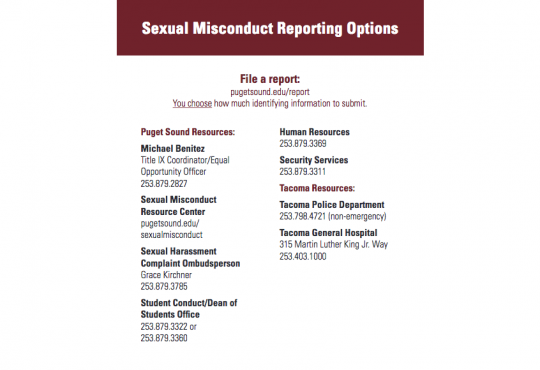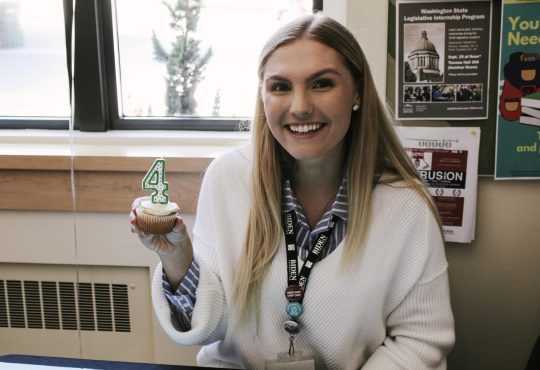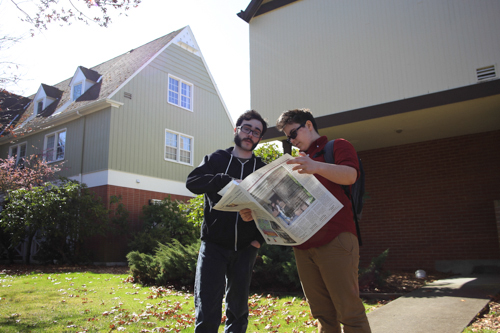by MELANIE SCHAFFER
Chances are high that if you attend this school, or really any institution of higher education, you’ve heard about and/or participated in some form of discussion about various forms of assault on campus.
In fact, earlier this semester, The Trail issued an article on the very subject. The article discussed Puget Sound’s most recent steps toward ending sexual misconduct on campus.
These include the addition of a consent workshop during orientation, led by Assistant Dean of Students Sara Shives, as well as the creation of a support group for survivors of sexual assault. The article also mentioned the summit, Transparency, Dialogue and Action: A community response to Sexual Assault Prevention at Puget Sound, which occurred on Sept. 21.
While all three are greatly appreciated additions, they are solely concerned with either the prevention of sexual misconduct, or support for those who have survived.
As of yet, no discussions regarding the process by which sexual misconduct is handled have taken place. Recently, concerned students have begun pointing out issues in this process, demanding they be addressed.
As a response to the initial Trail article, Wetlands, a student-run magazine, issued an article addressing the flaws in the system handling sexual misconduct.
“The accused person can apply for ‘voluntary immediate withdrawal’ any time between being accused to before the hearing starts… leaving the school permanently with no trace of the accusation on their record,” Shanna Williams said in this article. In other words, the student can leave the school and avoid any punitive measures that might have been taken. This leaves the survivor “without any sense of closure or justice, which is seriously emotionally damaging,” Williams said.
Not only that, the system as it currently is actually provides a consequence-free escape route for the offender.
“I had no idea this was even an option during the conduct process and I have heard many many stories,” junior Kaitlyn Vallance, a vocal activist on campus, said.
Vallance has since started a slew of discussions on social media, all sporting the hashtag #sexualassaultatpugetsound. In these discussions she not only acknowledges these already expressed sentiments of discontent, but adds her own.
When asked about her specific grievances, she said that what worries her is that the sexual misconduct policy went six years without revision.
“Think of all the positive change that could have been made if these policies had been constantly under review and not just updated to placat[e] angry students,” Vallance said.
Another troublesome issue she addresses is that, currently, the university does not offer on-campus rape kits. Instead, the center for Counseling Health and Wellness Services (CHWS) refers individuals who have been sexually assaulted to get the test at Tacoma General Hospital. This, she said, “is yet another deterrent for individuals who have been sexually assaulted on this campus.” These are all issues she believes need to be taken very seriously, but at the very least, she demands that the school be more transparent about their policy on handling sexual misconduct.
Because sexual misconduct on campus is currently such a hot topic nationwide, Puget Sound has taken steps to address it. However, these steps have clearly not gone far enough.
Vallance and students like her have become outraged over the outdated and misleading policies currently employed on campus and demand we take the next step. Vallance urges students to utilize the website www.otherfreshman15.org and write an email to the University demanding change.
If enough voices are heard, perhaps we can move from simply trying to prevent sexual assault and harassment on campus, to actually taking serious measures when it does happen.






